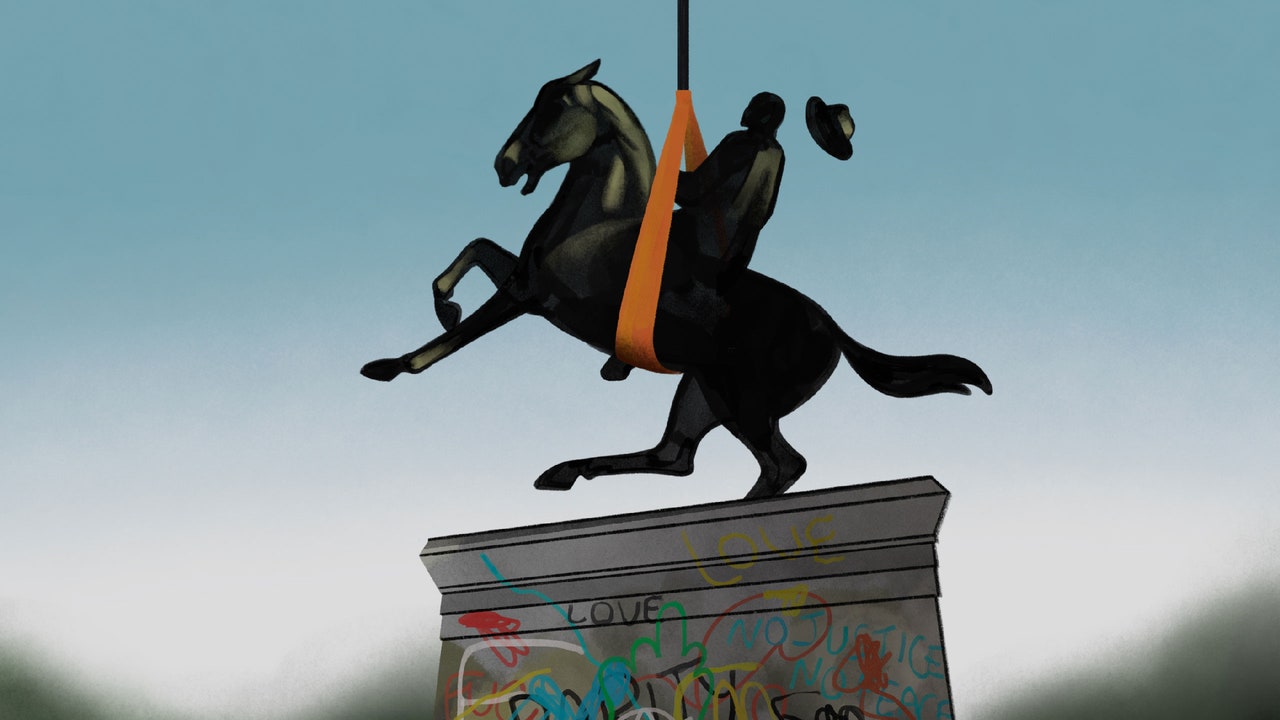After the Lost Cause
Why are politics so consumed with the past?
via The New Yorker: https://www.newyorker.com/news/annals-of-inquiry/after-the-lost-cause
Though Smith sets a chapter in Manhattan, where he visits the site of a slave-auction block, and a chapter in West Africa, his book is mostly about the American South, during a period when the South’s political identity has begun to change. The South is still a conservative place, but election analysts no longer need a special regional element to explain its voting behavior: Democrats do better in states, like Virginia and Georgia, that have large numbers of Black and college-educated white voters, and worse in places that don’t. The outrage of conservative state legislatures over social-studies curricula involves concession that school boards from Texas to North Carolina have embraced a progressive view of history and current events. The most significant Confederate monuments—those on Richmond’s Monument Avenue and Stone Mountain, near Atlanta—are either being removed or might soon be. “The whole ideology of the Lost Cause is in deep trouble,” David Blight, the eminent Yale historian of the Civil War and its aftermath, told me earlier this week. “The fact that Monument Avenue is being taken apart is something that no one in my field truly thought they would ever see.” Even more striking to him are the deep discussions under way about reimagining Stone Mountain, with its ninety-foot-high carvings of Confederate leaders. Blight said, “In my field, we’ve had conference after conference and talk after talk about the Confederate monuments and everyone always says, ‘Well, Stone Mountain, they’ll never be able to take that down.’ ” But now they might. For generations, conservative Southern politicians had openly defended the Confederate cause. Blight said, “Republicans just don’t go there.”
